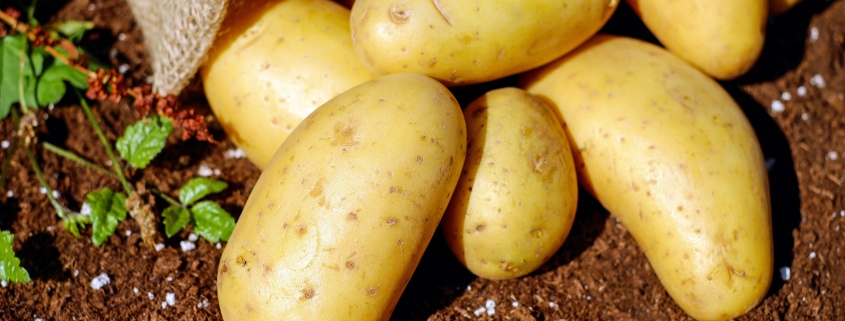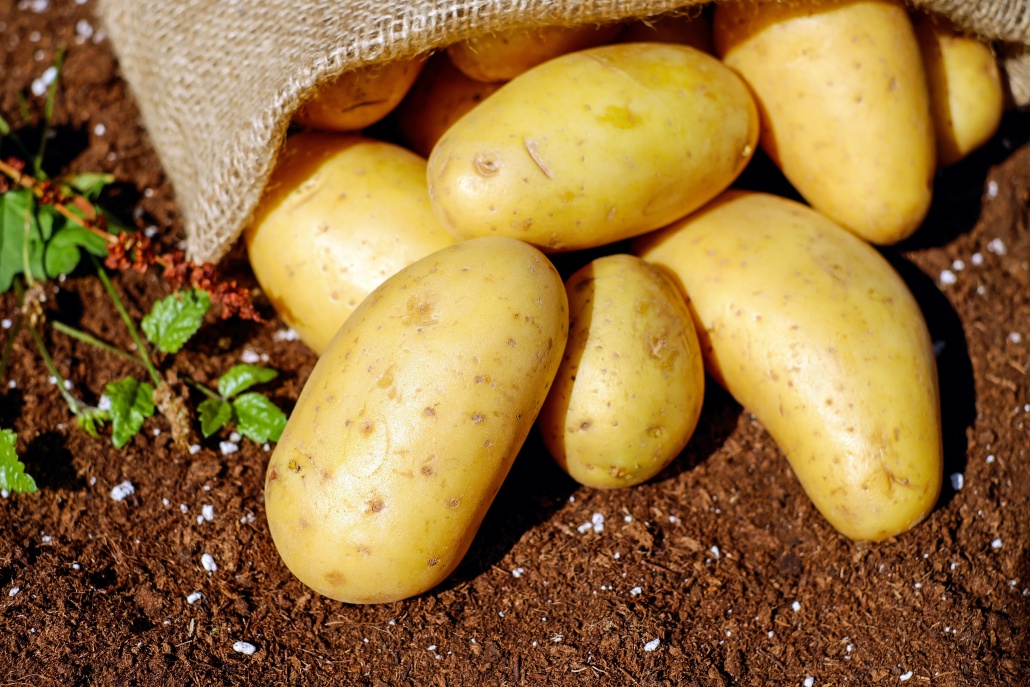Homemade Potato Wedges
French fries are simply a fast-food favorite for children and adults alike. While those crunchy, excessively salty, greasy sticks of potatoes may be satisfying to your taste buds, they are extremely detrimental to your wellbeing.
Many restaurant chains use more than a dozen ingredients, including preservatives and lab-made chemicals, in their potato sticks. That explains their very cheap cost and unique taste that only leads to further cravings.
While you might firmly believe in the myth that potatoes are fattening, it’s the way potatoes are prepared that ultimately counts! If you are consuming deep-fried potato sticks from a fast-food chain, it’s definitely not the best choice for you or your family. However, baked potatoes, or homemade baked fries such as the following recipe, can, in fact, contain a lot of benefits.
Although some restaurants might use fresh potatoes and make their “family recipe” in their kitchen daily, that does not assure you that the oil they use is healthy. The majority of restaurants use hydrogenated oil or genetically engineered oils for frying.
Genetically engineered oils, such as soybean, canola, corn, or vegetable, are linked to causing internal systemic inflammation, cancer, cardiovascular health conditions, cognitive health conditions, and toxicity to your liver.
So, regardless of the ingredients being merely potatoes and salt, that does not automatically guarantee the oil is a good one. However, consuming baked potatoes, or homemade baked potato wedges bursting with your favorite spices, can, in fact, bring about many health benefits to your physical health. Potatoes are high in potassium, vitamin B6, dietary fiber, phosphorus, copper, and surprisingly even vitamin C.
Enjoy homemade baked potatoes to preserve the nutritional value of them, as deep-frying, regardless of the oil, may deplete them of some of the benefits. If you find it difficult to switch from fast food fries to homemade baked wedges, try frying in cold-pressed avocado oil or organic virgin coconut oil for a transition to healthier potatoes.
Both oils have a high smoke point, thus, won’t lose their benefits when used for high-heat. Moreover, they’ll give your potatoes a great taste, without ruining your health in the long run.
Try this easy homemade recipe, and you’ll find these potato wedges satisfying enough that you will cease consuming potatoes from fast food restaurants again.
Pair them with organic ketchup, homemade dill-dip, or even munch them on their own. Serve these potato wedges with grilled salmon or chicken, or your favorite entrée for dinner.
Ingredients:
- 5-6 medium potatoes
- ¼ cup cold-pressed avocado oil
- 1 teaspoon Himalayan pink salt
- 1 teaspoon onion powder
- ½ teaspoon garlic powder
- 1 teaspoon black peppercorn, ground
- ½ teaspoon red cayenne pepper
- 1 teaspoon paprika
- 1-2 teaspoons dill, dried
- ½ teaspoon mustard seed, ground
Directions:
- Wash and slice the potatoes into thick wedges, about 4 inches long and 2 inches wide. Place them in a large bowl.
- Place the avocado oil and spices in a small mixing bowl, mix until well incorporated. Drizzle over the potatoes, and toss.
- Transfer the potatoes to a baking sheet; make sure to place them single-layered.
- Bake at 420 degrees Fahrenheit for about 25-28 minutes, or until they are nice and crispy.
- Transfer the potatoes to a presentable serving platter. Serve with a dip or on their own. Best if served immediately. Enjoy!
Noor H. Salem is an author, speaker, and Certified Integrative Nutrition Health Coach, from Michigan. Noor works with clients in better understanding their bodies and healing with natural foods through her wellness practice, Holistic Noortrition. She presents various workshops, school lectures, group coaching classes, and community lectures on the topic of holistic health. Noor recently published her book, SUNNAH SUPERFOODS, a culmination of life-changing recipes and remedies, with a foreword by Dr. Waleed Basyouni. Her book consists of prophetic hadith, modern research, and delicious recipes, and is in the process of being translated into other languages.
















2018
1,920 views
views
0
comments